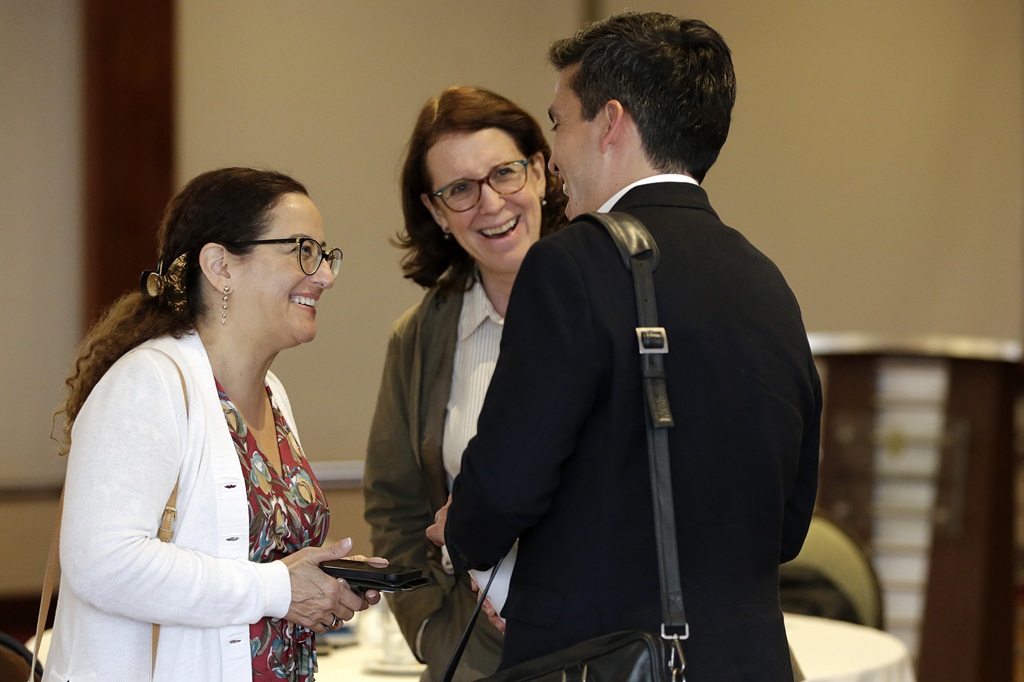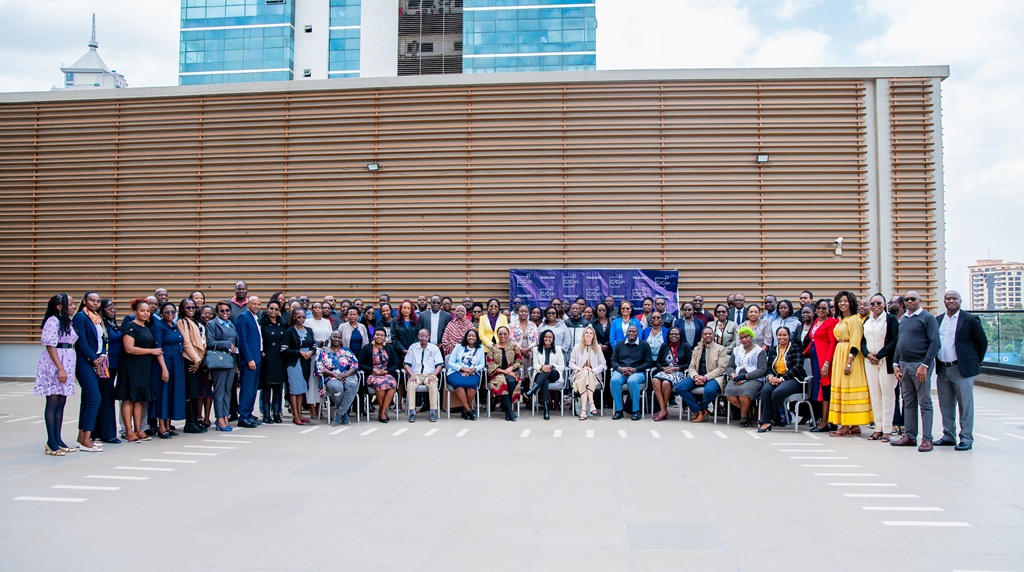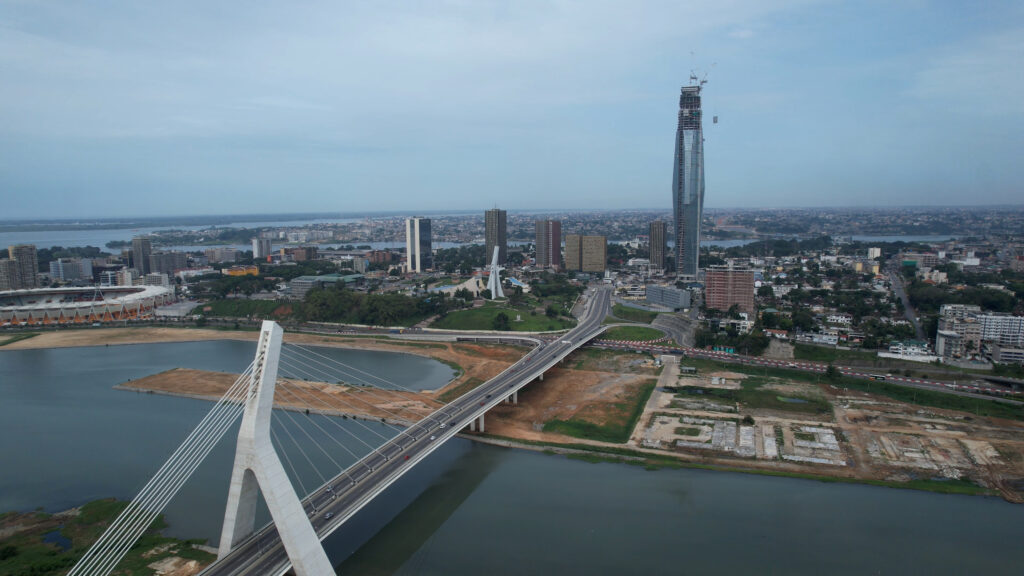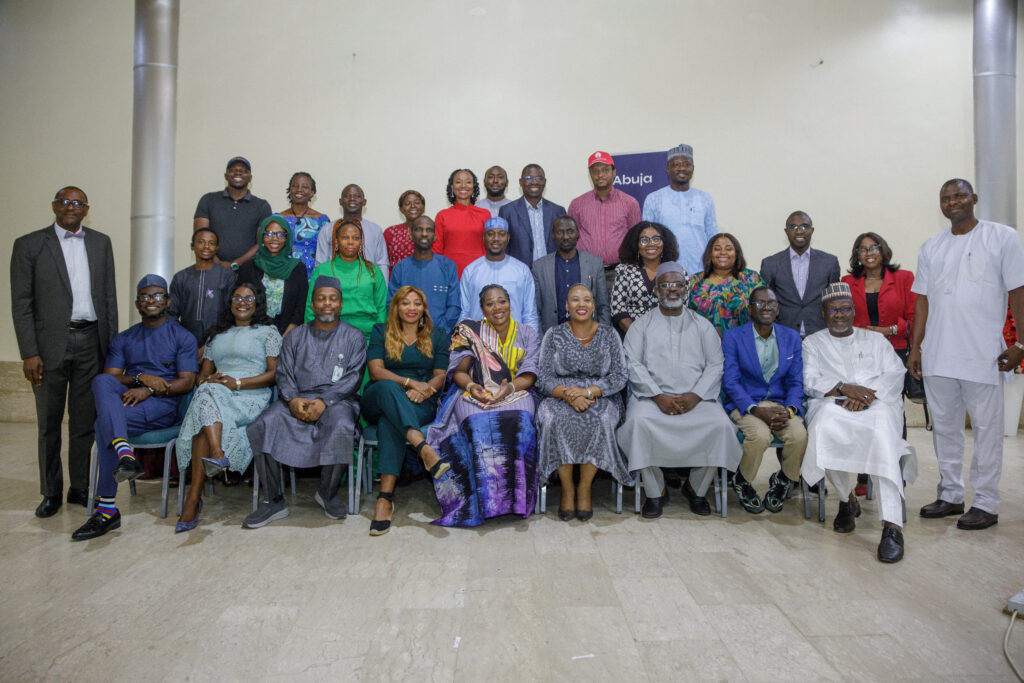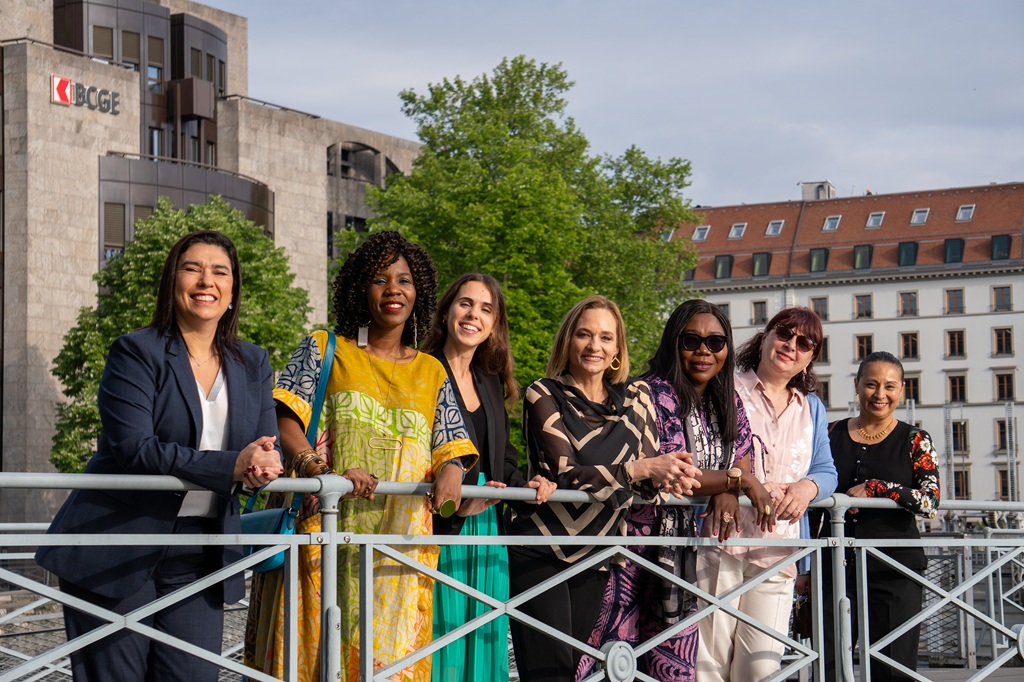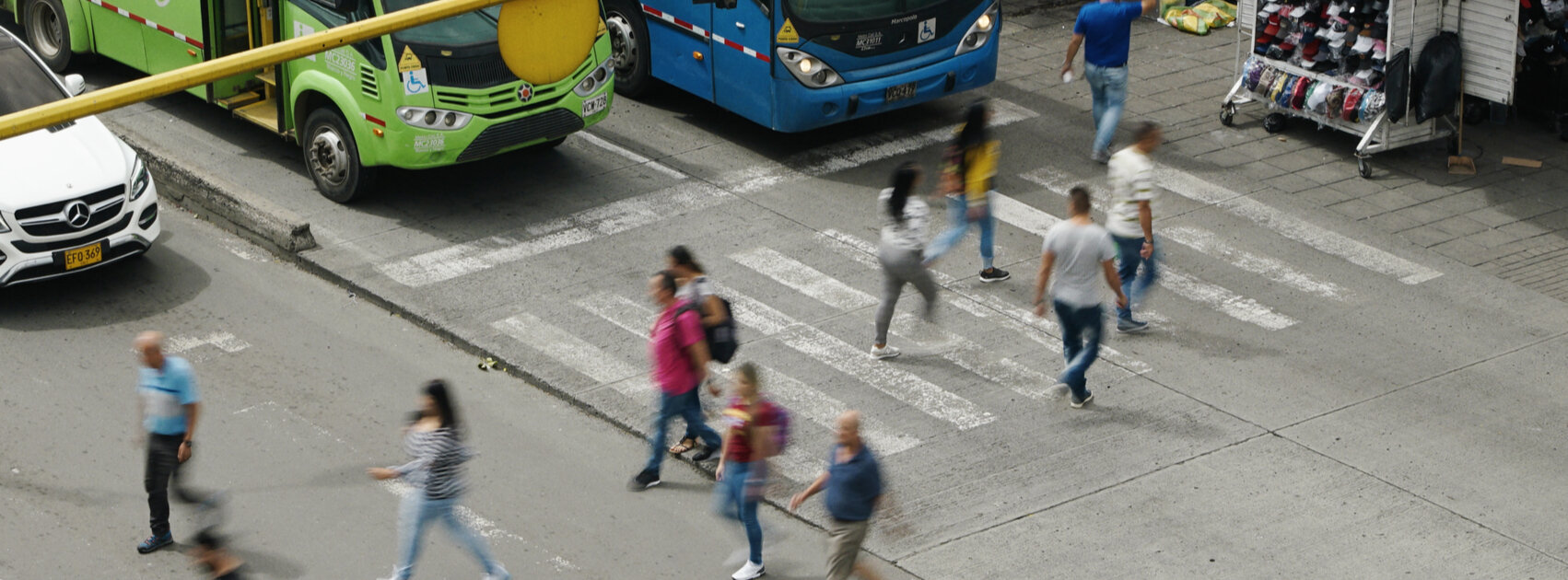
City Cancer Challenge’s two most-recent initiatives, in Cali and Asunción, illustrate that sustainability is at the core of C/Can’s strategy to support cities around the world as they work to improve access for people with cancer to equitable, high-quality care.
Since it launched in 2017, C/Can has been embedding sustainability principles to strengthen the resilience of its network of cities.
Silvina Frech, C/Can’s Latin America Director, explains: “This means working at the local level with public and private institutions to strengthen the capacity of individuals, communities, health professionals, healthcare institutions and health systems so they can plan, design and implement long-term, viable cancer care strategies able to withstand changing political and economic stresses.”
As C/Can’s CEO, Susan Henshall points out, “C/Can’s goal is always to ensure the sustainability of commitment, resources, progress and impact by laying the foundations for long-term, effective action to provide quality, equitable cancer care through the C/Can process. We are supporting cities to exchange knowledge, experience and good practices with other cities.”
In Cali
In Cali, C/Can has signed a strategic alliance with ProPacifico, an independent, not-for profit organisation that takes a multi-sectoral approach to sustainable development in western Colombia. The alliance is part of its ongoing commitment in all of its projects to manage a phased transition of responsibility to local leaders, stakeholders and partners. In Cali, ProPacifico’s main role will be to lead implementation of C/Can projects based on its approach and principles, which are always underpinned by sustainable strategies.
C/Can has agreed a series of health projects that are aligned with ProPacifico’s plans for the Valle del Cauca region. These are essential to ensure the sustainability of the priority actions already initiated by C/Can, and involve implementing strategies to strengthen the quality and speed of cancer diagnosis and treatment; developing and implementing strategies to strengthen the access of Valle del Cauca patients to health care services; generating spaces for strengthening multi-sectorial governance; implementing strategies focused on results and positioning the initiative to be reproduced in other cities.
In Asunción
Meanwhile, in Asunción, C/Can has sealed three years’ work in the Paraguayan capital. This has involved bringing together a wide range of private and public multi-sector stakeholders through two cooperation agreements to improve access to cancer care with Paraguay’s Ministry of Health & Social Welfare and the Faculty of Medical Science at the National University of Asunción.
The agreements are based on a shared commitment to work together to meet three of the UN’s Sustainable Development Goals: improving health, creating sustainable cities and forging alliances to reduce non-communicable diseases, including cancer, by 25% by 2025.
The Paraguayan Ministry of Health and Social Welfare has been working since 2017 with key actors from the public and private sectors, as well as civil society, through the C/Can Executive Committee in Asunción. The goal has been to develop strategies and set up projects to improve cancer care in the city that can be replicated throughout C/Can’s global network of cities.
The agreement with the Faculty of Medical Science at the National University of Asunción provides a cooperation framework to support and strengthen the C/Can Asunción Executive Committee, laying the foundations to ensure the sustainability of its priority objectives, with a focus on the area of human resources, education and training.
C/Can understands that there is no one-size-fits-all solution when it comes to developing a city sustainability strategy, but its experience shows the long-term benefits of embedding common elements into the planning process, including the identification of a local strategic partner, establishing a collaborative agreement and developing a leadership transition model.
Read more about how C/Can is building sustainability into all its projects: #Time4Sustainability
This post was originally published on UICC’s Blog on December 3rd, 2019
